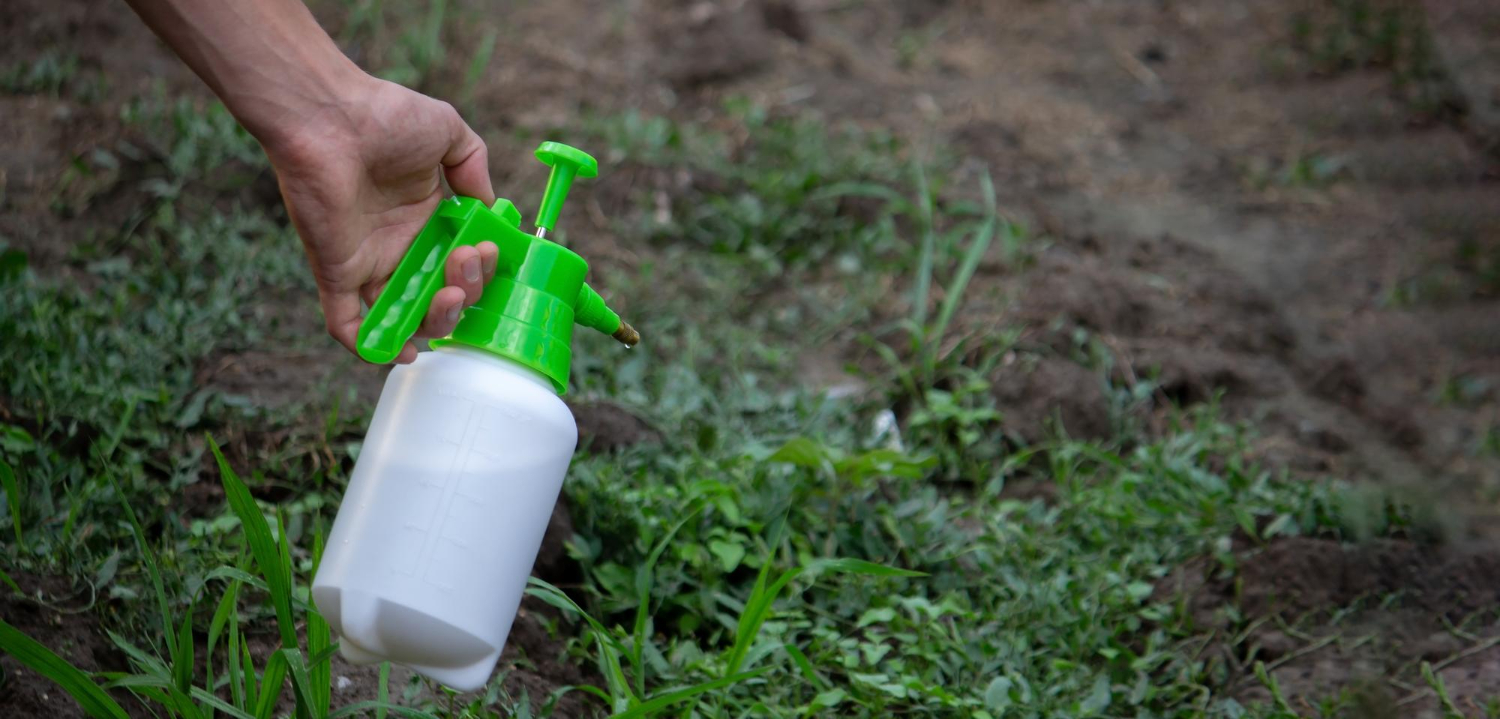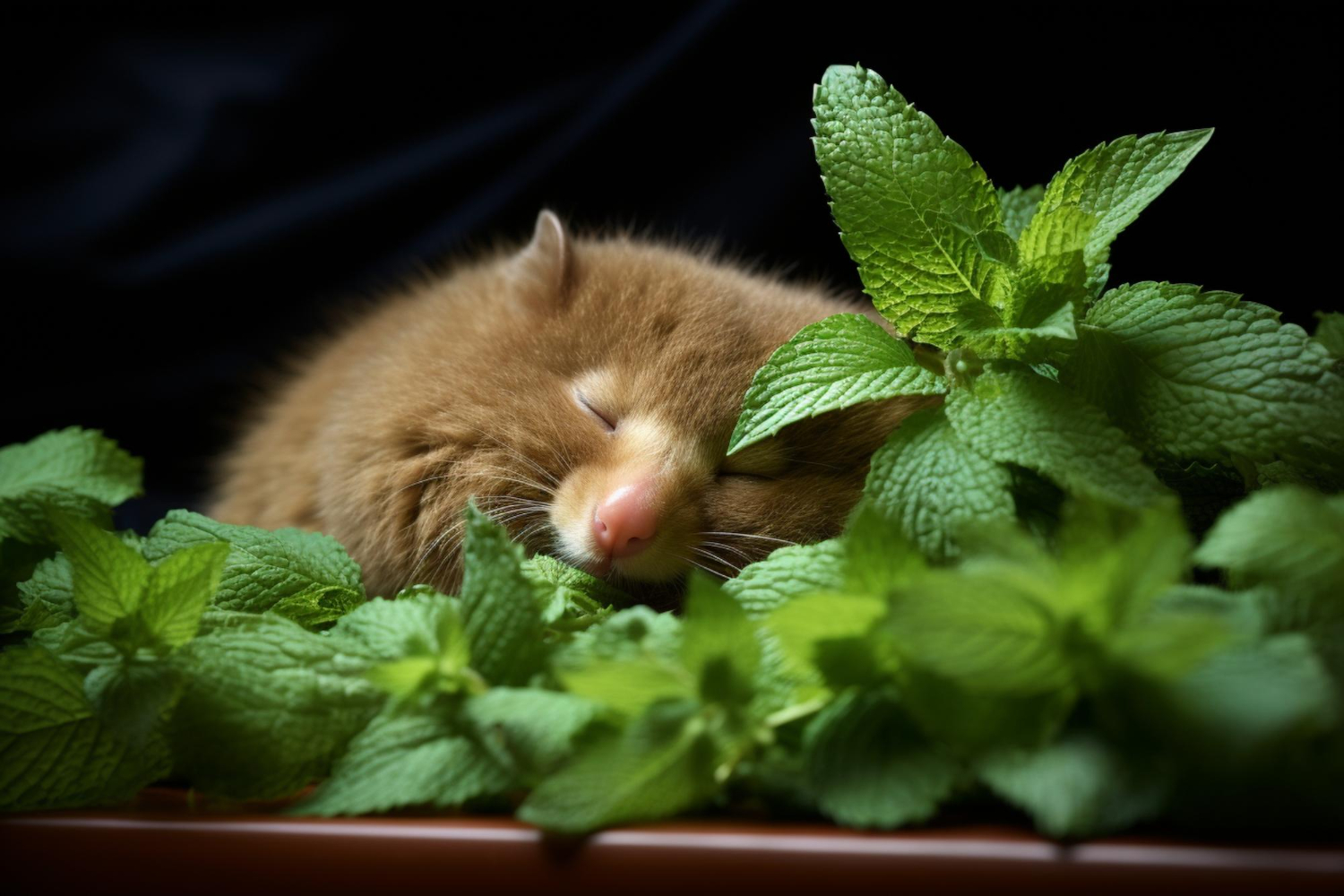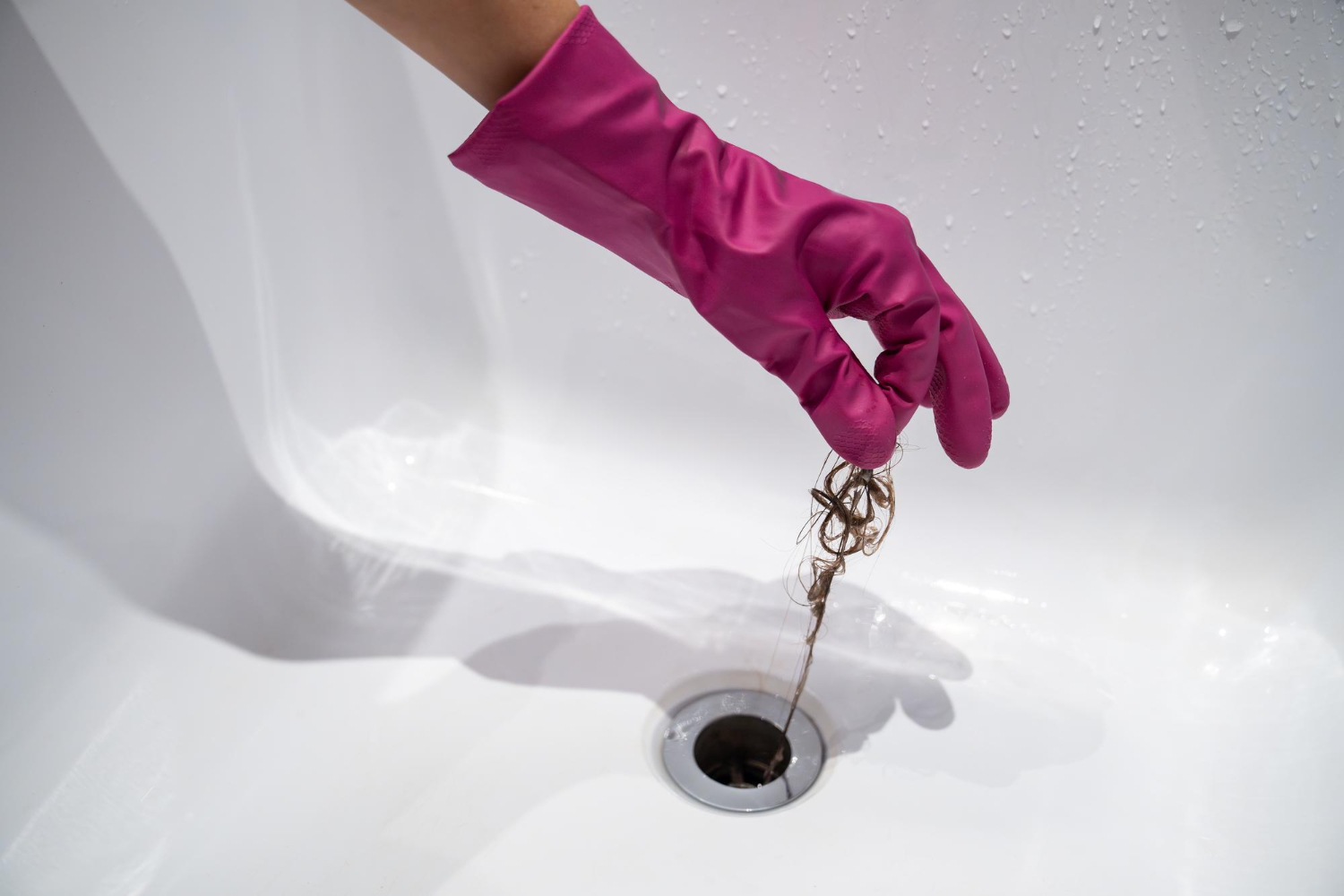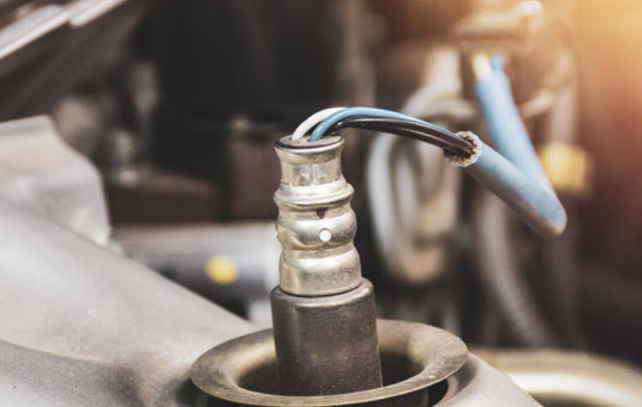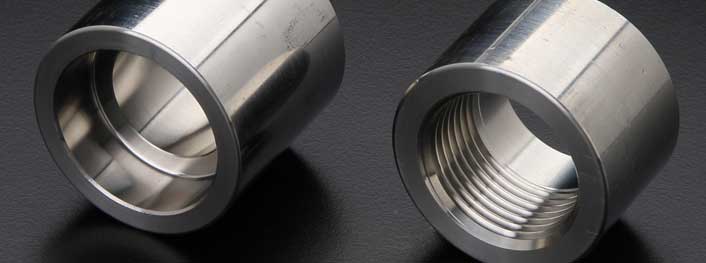Lush, green lawns are the pride of homeowners everywhere, but they can be threatened by a sneaky enemy—fungal diseases. Enter copper fungicide, a trusted ally in the fight against lawn disease.
But is it suitable for grass? This blog post will explore the ins and outs of using copper fungicide on grass, offering insights, tips, and expert advice.
What is Copper Fungicide?
Copper fungicide is a popular garden product used to combat the spread of fungal diseases. It works by releasing copper ions that penetrate plant tissues, disrupting the cellular processes of fungi.
These ions mess with the fungi’s ability to reproduce, ultimately keeping those pesky spores in check. From powdery mildew to rust, and blight, copper fungicide is a staple in many gardening toolkits.
In gardens and agriculture, copper fungicide is commonly applied to fruits, vegetables, and ornamentals. Its versatility makes it a go-to remedy for preventing and controlling a variety of plant diseases. Plus, it’s a popular choice for organic gardeners looking for a more natural solution to their fungal foes.
Can Copper Fungicide Be Used on Grass?
Yes, you can use copper fungicide on grass! It’s effective in treating common lawn diseases like rust, powdery mildew, and blight. Homeowners with lawns affected by these diseases will find copper fungicide to be a valuable tool in their lawn care arsenal.
Copper fungicide works particularly well when applied at the first sign of trouble. If your grass is showing symptoms of fungal disease, like discolored patches or powdery growths, it might be time to break out the fungicide. Just be sure to follow the manufacturer’s instructions for the best results.
Benefits of Using Copper Fungicide on Grass
Disease Prevention
Copper fungicide is a reliable way to prevent fungal diseases from taking hold. It acts as a protective barrier, stopping spores from germinating on the grass. This proactive approach keeps your lawn looking its best and avoids the headaches of dealing with dead patches.
Enhanced Grass Health
Applying copper fungicide can improve the overall health and appearance of your grass. By keeping diseases at bay, your lawn can grow lush and strong, making it a focal point of your yard. The healthier the grass, the more enjoyable your outdoor space becomes.
Safe When Used Correctly
Copper fungicide is safe for grass when used as directed. Moderation is key! Overapplying can lead to copper buildup in the soil, but when used responsibly, it poses minimal risk to your lawn and the environment.
How to Apply Copper Fungicide on Grass
Step 1: Identify the Problem
Diagnosing the issue is the first step in resolving it. Look for signs like yellowing leaves, powdery spots, or patches of dead grass. These symptoms often indicate a fungal infection. A proper diagnosis ensures you use the right treatment.
Step 2: Choose the Right Product
Not all copper fungicides are created equal. Choose a product that’s specifically designed for lawn use. Consider the formulation and concentration—some are better suited for certain diseases than others. Reading product reviews and consulting with gardening experts can guide your choice.
Step 3: Prepare and Apply
Mix the copper fungicide according to the instructions. Use a garden sprayer or watering can for an even application. Safety precautions, like wearing gloves and protective eyewear, are a must. Apply the mixture during dry weather to ensure it adheres properly.
Step 4: Post-Application Care
After applying copper fungicide, monitor your lawn for any signs of improvement. Water the grass as needed, but avoid overwatering. If symptoms persist, consider a follow-up application or seek professional advice.
When Should You Not Use Copper Fungicide?
There are times when copper fungicide isn’t the answer. Avoid using it if your grass isn’t showing signs of fungal disease—preventive use isn’t always necessary. Over-application can lead to copper buildup, so stick to the recommended amount.
Environmental factors are also a consideration. Copper fungicide should not be used in areas prone to runoff, as it can contaminate nearby water sources. Always adhere to local guidelines for safe use.
Can Too Much Fungicide Hurt Grass?
Yes, excessive fungicide can harm grass. Overuse can lead to phytotoxicity, where the chemicals damage the plant tissues they were meant to protect. Symptoms include leaf burn, discoloration, and stunted growth.
Finding the right balance is crucial. Stick to the recommended dosage and frequency of application to avoid negative effects. If you suspect you’ve over-applied, watering the lawn can help dilute the fungicide.
Is Copper Good for Grass?
Copper plays an important role in plant health, but it’s a double-edged sword. While essential in small amounts, too much copper can be harmful. In soil, copper aids in enzyme function and photosynthesis, contributing to overall plant vitality.
However, excessive copper can lead to toxicity, affecting soil quality and plant health. When using copper fungicide, moderation and awareness are key to maintaining a healthy lawn ecosystem.
Conclusion
Copper fungicide is a useful tool for lawn care enthusiasts facing fungal challenges. Understanding when and how to use it is crucial for achieving the best results. By following the guidelines and applying it responsibly, you can maintain a vibrant, healthy lawn.
For those interested in sustainable lawn care, consider exploring organic options and consulting with local gardening experts. By taking a holistic approach to lawn health, you can enjoy a lush, green space for years to come.
FAQs
Can copper fungicide be used on newly seeded lawns?
It’s best to avoid using copper fungicide on newly seeded lawns. Young grass is more sensitive and may be harmed by the chemicals. Wait until the grass is established before considering treatment.
How often should copper fungicide be applied to grass?
Follow the product’s instructions, but typically, copper fungicide can be applied every 7 to 10 days during the growing season or as soon as symptoms appear. Avoid over-application to prevent copper buildup.
Is copper fungicide safe for pets and children?
When used as directed, copper fungicide is generally safe. However, it’s wise to keep pets and children off treated areas until the product has dried. Always follow safety guidelines on the label.
Are there alternatives to copper fungicide for lawn care?
Yes, alternatives include biological fungicides, cultural practices like proper watering and mowing, and promoting healthy soil through aeration and composting. These methods can enhance lawn health and reduce disease risk.





